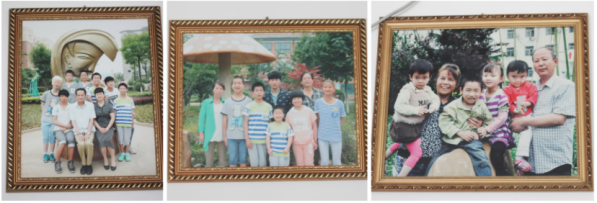On the right side of the building are 5 floors, each one with 4 apartments. In each apartment are a kitchen, a big living room, a storage space, two bathrooms, and three bedrooms—one blue room for 2-3 boys, one peachy pink room for 2-3 girls, and one neutral room for the adults who are parents to these children for now. They are nearly perfectly designed; the kitchens are fully equipped, lots of windows lead to lots of light and a view of the mountains on clear days, balconies off the children’s rooms have mechanical clothing lines for drying machine washed clothes, and big sectional couches in the living space set these families up for togetherness.
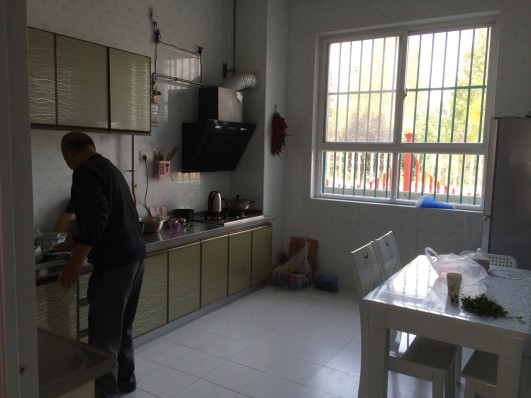
As we served in the baby rooms on the left of the building, we could look out the large windows and see the matriarchs of these spaces coming and going throughout the day. There were patterns in their activity—after their children were chaperoned to their classes or sent out to school for the day, the women went in little groups together to local markets, gathering fresh supplies they would need for their meals that day, making sure they have enough to meet the requirements set forth by the orphanage. At 11:30, we’d see them throughout the orphanage hallways, going to classrooms and gathering their little ones, holding their hands or pushing their wheelchairs, and taking them back “home” for a family lunch and a rest.
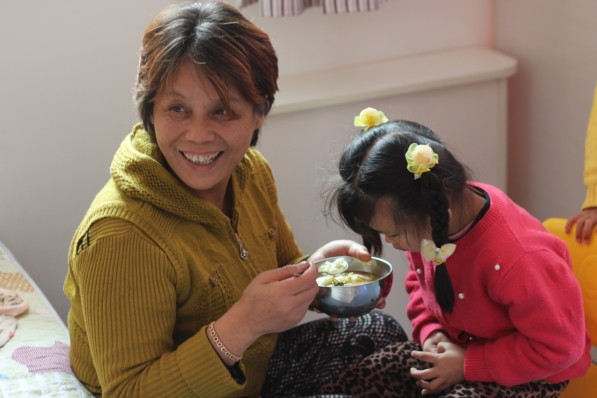
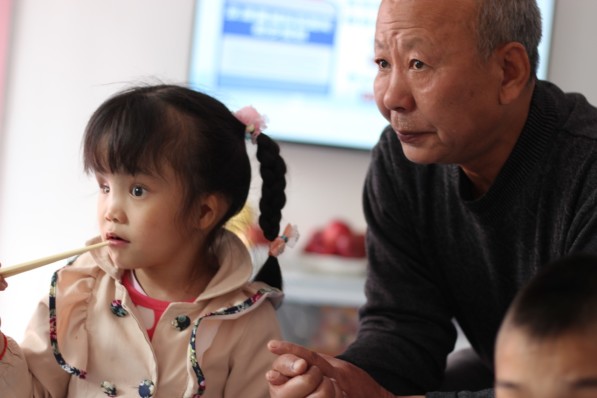
Two hours later, they retraced their steps, taking their children back to class and returning back to their homes to mop floors, wash clothes, and start the long process of preparing another fresh meal for dinner. At about 5pm, we’d see them again, doing the same thing they had done for lunch, walking through the halls with their little broods of children, escorting them “home” for the evening on the other side of the building. I imagine they ate their meals in the living space on those sectional couches that still look clean for now given that they had only been living in the new building for a few weeks. I imagine all the televisions stayed on during their meals, some with children’s shows that we likely wouldn’t think were all that appropriate if we could understand all the words, some with variety shows that the families could enjoy together. School children probably do homework sitting on those same couches with foster mothers hovering close by. Younger children maybe found some little thing to play with for a time—a paper flower, a button, something they could hold in their little hands. And, there they all live in community; big people caring for little people who need a family, and little people caring for big people who need a family.
They were quite proud to share how much they get paid for doing what they do—the equivalent of about $380 a month and a place to rest their heads. The women are considered the paid employees; their husbands are allowed to have other employment. One father works as a cook for the orphanage. Another father, who looks weathered beyond his likely age, does construction work in the city. Some are retired, having already reached the age that the city tells them they are no longer allowed to hold a formal job.
Each couple is different, though they seem remarkably the same. They love what they do. I know because I asked them. I asked them what led them to become a foster parent, and despite how proud they were to share their salary with me, none of them said it was for the material benefits. And, I don’t think that was because it would not have been politically correct; if you know China at all, you know that that’s not really a thing there.
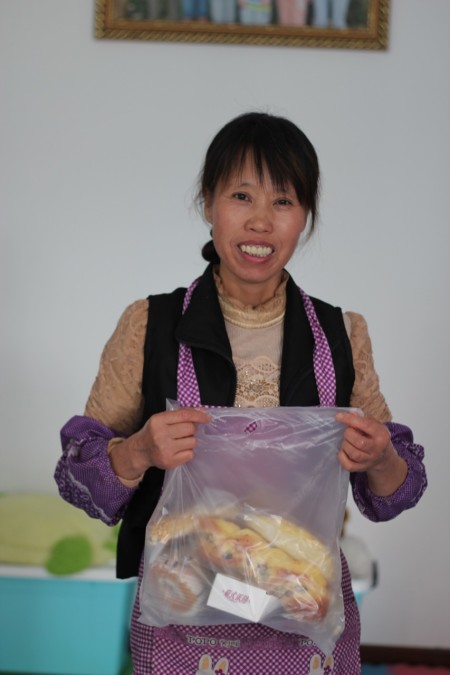
They all said in one way or another that they love being a mother, that they are where they are supposed to be, who they are supposed to be, when they are caring for who their culture calls the least of these. They bragged about their children, how she is hardly ever naughty, how she brings her father his slippers at night, how he is “open” and cares for younger children, how he isn’t picky and eats her meals heartily. They told me how they want me to help their children find families, that they want them to have a future. They know that future here means only the passage of time. They want more for them than that. They teared up when I asked if they miss their children when they leave for America and other parts of the world.
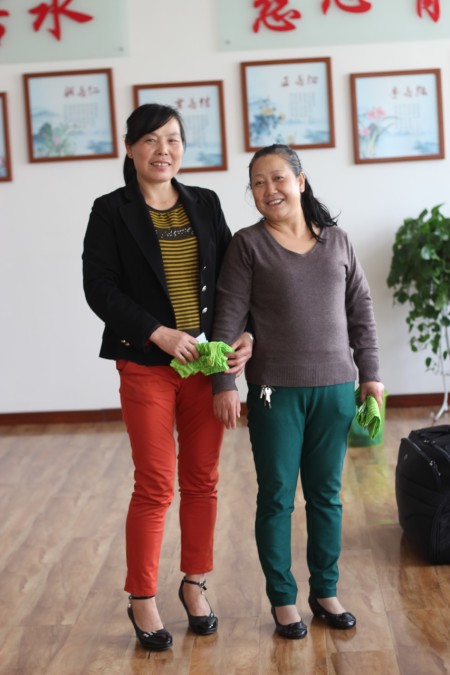
One paused before she answered.
She took a breath and forced a smile.
“In my mind, these four children are mine.”
